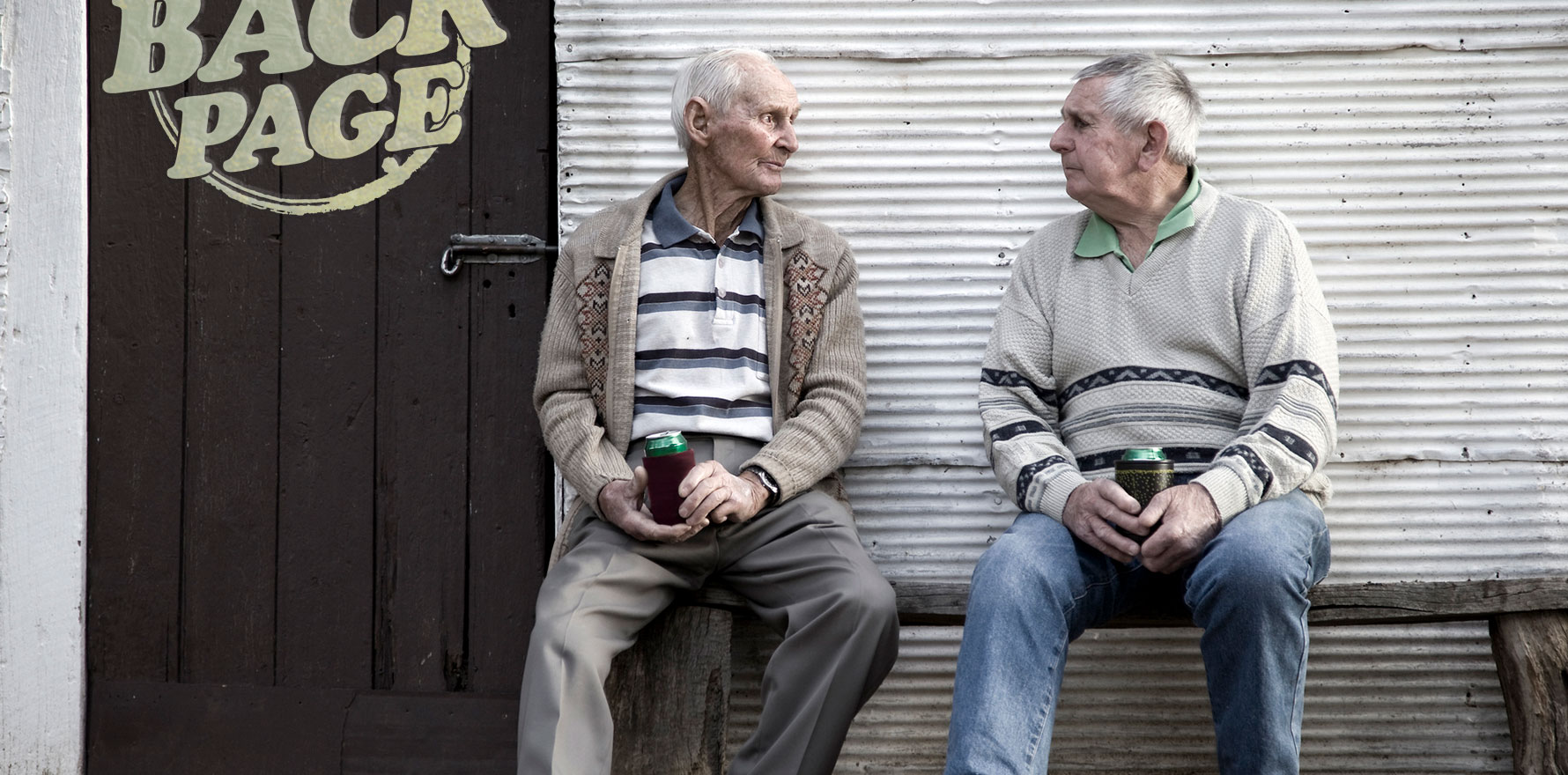The sudden loss of purpose, identity and social interaction can hit hard, especially if you hit the bottle.
Your young-at-heart correspondent is approaching the time of life when thoughts of retiring from the grind of “working for the man” begin to resemble a tangible reality.
One of the key reasons holding us back from this dramatic step, however, is the fact that the “man”, in this case The Moose Republic, is a totally wonderful and eclectic collection of humanity hellbent on shedding light on, and making sense of, the labyrinthine omnishambles we understand to be the Australian health system.
Moreover, just this week we came across another compelling reason to saddle up for another rodeo: retirement is going be especially bad for our health!
According to this study by Chilean and US researchers, retirees show more signs of depression than their working counterparts and are also more likely to indulge in heavy drinking, a factor that can exacerbate the depression.
Publishing in the journal Aging and Mental Health, the team tracked a cohort of more than 27,000 US-based over 50s, using data from participants of the Health and Retirement Study, a longitudinal study in which a nationally representative sample of men and women are questioned about their lives every two years for an average of 14 years.
Alcohol use was measured by asking the participants whether they drank and if so, how many drinks they typically had on a drinking day, and symptoms of depression were measured by asking questions such as whether they had felt sad over the past week or if everything had been an effort.
On average, the participants had 1.4 out of a possible eight symptoms of depression, with retirees showing more signs of depression (0.04 more symptoms, on average) than those who were still working.
The authors suggested that a loss of identity, economic challenges and changes to routines and social networks that could come with leaving the workforce might be a reason for a deterioration in mental health, especially for retirees who turned to alcohol to help them cope with these changes.
Interestingly, the boffins found that while binge drinking appeared to increase symptoms of depression, those who drank in moderation performed better than those who completely abstained from hitting the bottle. The authors suggested this was possibly due to alcohol’s ability to lift mood through socialisation.
The paper recommended that policymakers should “prioritise providing support to individuals during the retirement transition and offer interventions at various levels to manage alcohol consumption effectively”.
As someone with more than a passing acquaintance with the pleasures and pitfalls of fermented libations, these findings have prompted a late New Year’s resolution: stop reading research about retirement, it’ll only make things worse.
Keep us all gainfully employed by sending story tips to penny@medicalrepublic.com.au.


